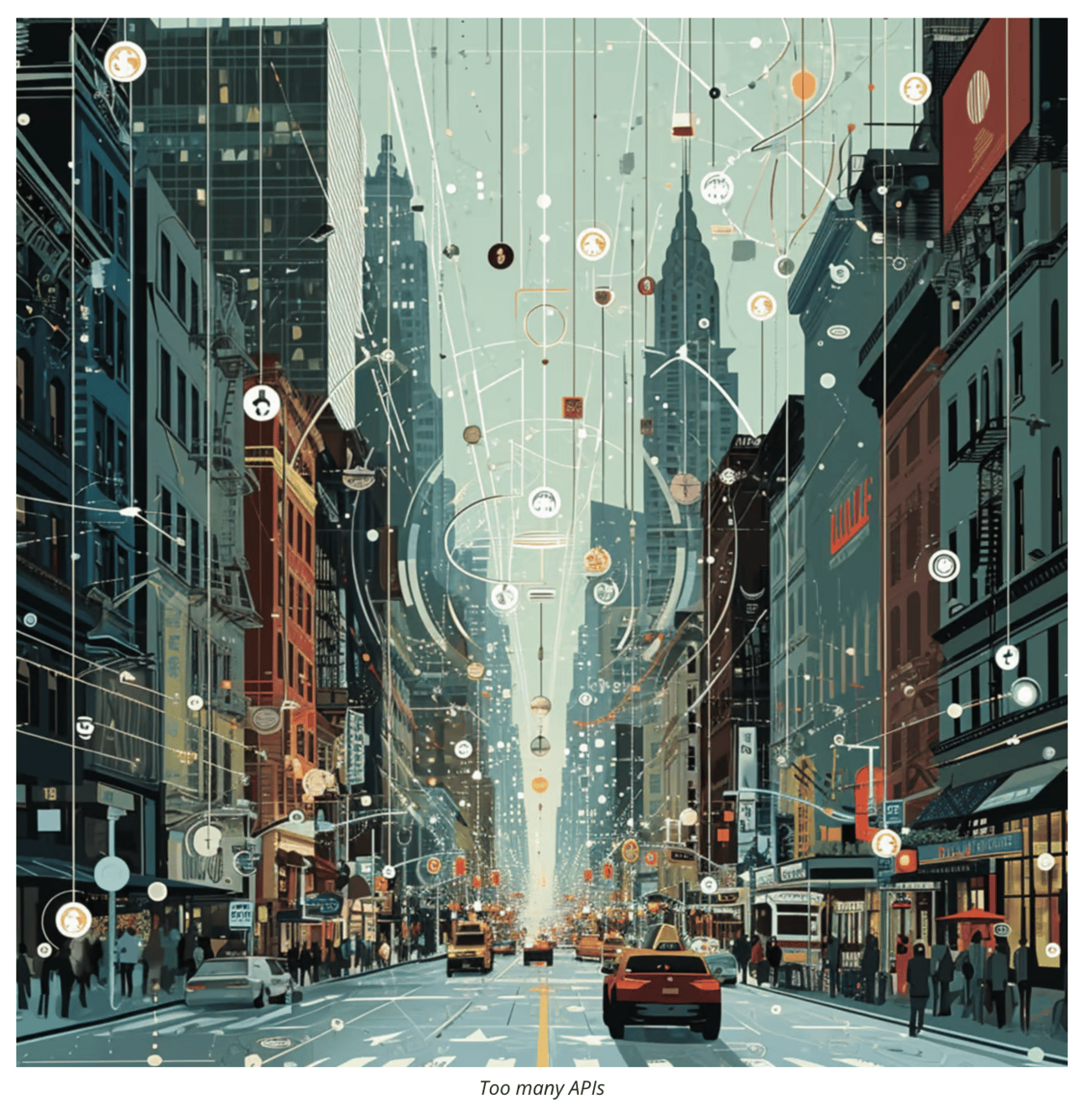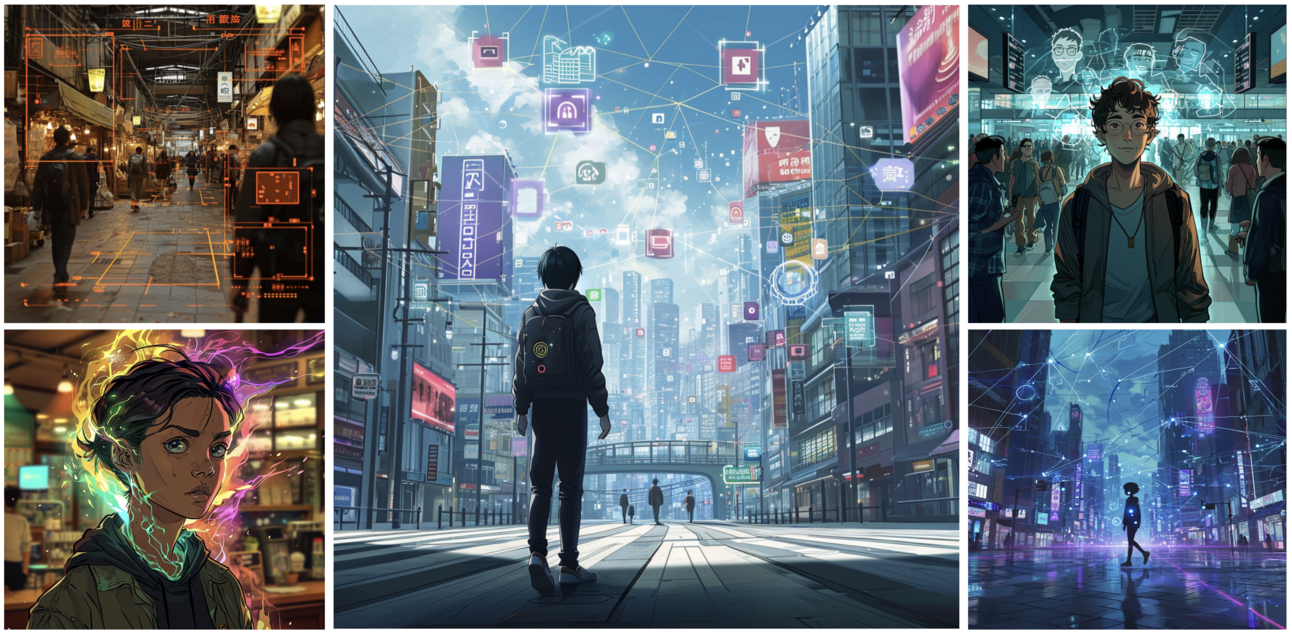Personal AIs Will Mediate Everything

AI is going to change the interaction paradigm with technology.
Today, humans do pretty much everything themselves. Things like applications and websites are designed to be pretty because humans interact with them directly, and they like to interact with nice-looking things.
However, the future of interaction with technology will be AI-mediated. Meaning, we won’t be going to do things directly. Our digital assistants will be doing the interaction on our behalf and returning us the results.

The AI itself will then determine based on our preferences the best way to display those results to us using a third-party UI interface.
So, companies will provide their data and of course, they will have some sort of UI themselves, but largely people will be browsing that data through an AI provided interface that shows them things filtered in a certain way and looking the way they like to see them
This has profound implications for a lot of the Internet today that is based on looking pleasant to humans who are visiting directly
> > > > > > >
AI's Predictable Path
Technological progress isn't predictable, but the human desires that drive them are.
danielmiessler.com/blog/ai-predictable-path-7-components-2024

Questions
How much of current companies’ success is based on having humans interact with their content directly?
What does search look like when it’s not being browsed and clicked by actual humans?
Same for product catalogs. There may be some companies that are big enough and special enough to restrict access to their catalog to only using their specific UI, but I think most companies are going to have to survive solely on the quality of the data they provide. I think people will demand that they are able to see that through their own preferred interfaces.
If you make and sell anything, you should consider how your product looks to an AI and how it will compete with other services without direct human interaction.
Basically, your API will be your company.
The goal will be getting people’s personal DA assistants to use your company’s API as the preferred one when they look something up for their principal.
Example
Let’s say you want an expensive coffee grinder. Here are the rough steps:
Google for
high-end coffee grinders 2024 bestor somethingDo the same on Wirecutter
Do the same on Amazon
Spend the next 15-500 minutes doing research and comparisons, reading comments, reviews, etc.
In 2027 (who really knows when, but around there)
Here’s how you’ll do it with your DA >.
YOU: I need a coffee grinder. Like a super nice one. But less than a thousand bucks.
AMIEN (Your DA): Ok, cool, I’ll do some research.
Amien might ask you some clarifying questions, if you’re not busy, but on the backend here’s what he’s doing:
Query his (Amien’s) favorite list of product catalogs (which itself is provided by a specific company)
Find the highest rated product catalog for coffee-related stuff
Query it
Query a few other top APIs and look for similar results
Triangulate on a few top options
Read all the reviews
Compare the aesthetic with what he knows his principal likes visually
AMIEN: Ok, I think I found it. Here it is.
(Sends to your AR interface so you see it floating in front of you, rotating)
Here’s the important part: Amien made 1,027 different API requests in the 39 seconds he took to do the research.
Amien looked at all the images. Amien read all the reviews. Amien browsed all the lists.
Amien. Not you.
Summary
One of the biggest "tangible" changes from AI will be the mediation of interfaces, i.e., it used to be Human —> Interface, and now it’ll be Human —> DA —> Interface. And Interface —> DA —> Human.
This will have profound implications on how products are built.
The focus will increasingly be on the API that you provide as a company, and getting it to be preferred by DAs.
—
NOTES
Some companies will just be super gifted with UI and they will provide that UI as one of the options for the digital assistant to use when presenting the content to their owner. But I think third-party UIs will eventually win out and be the preferred interfaces for people to consume most content.